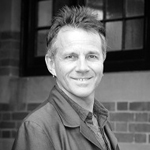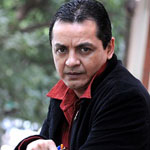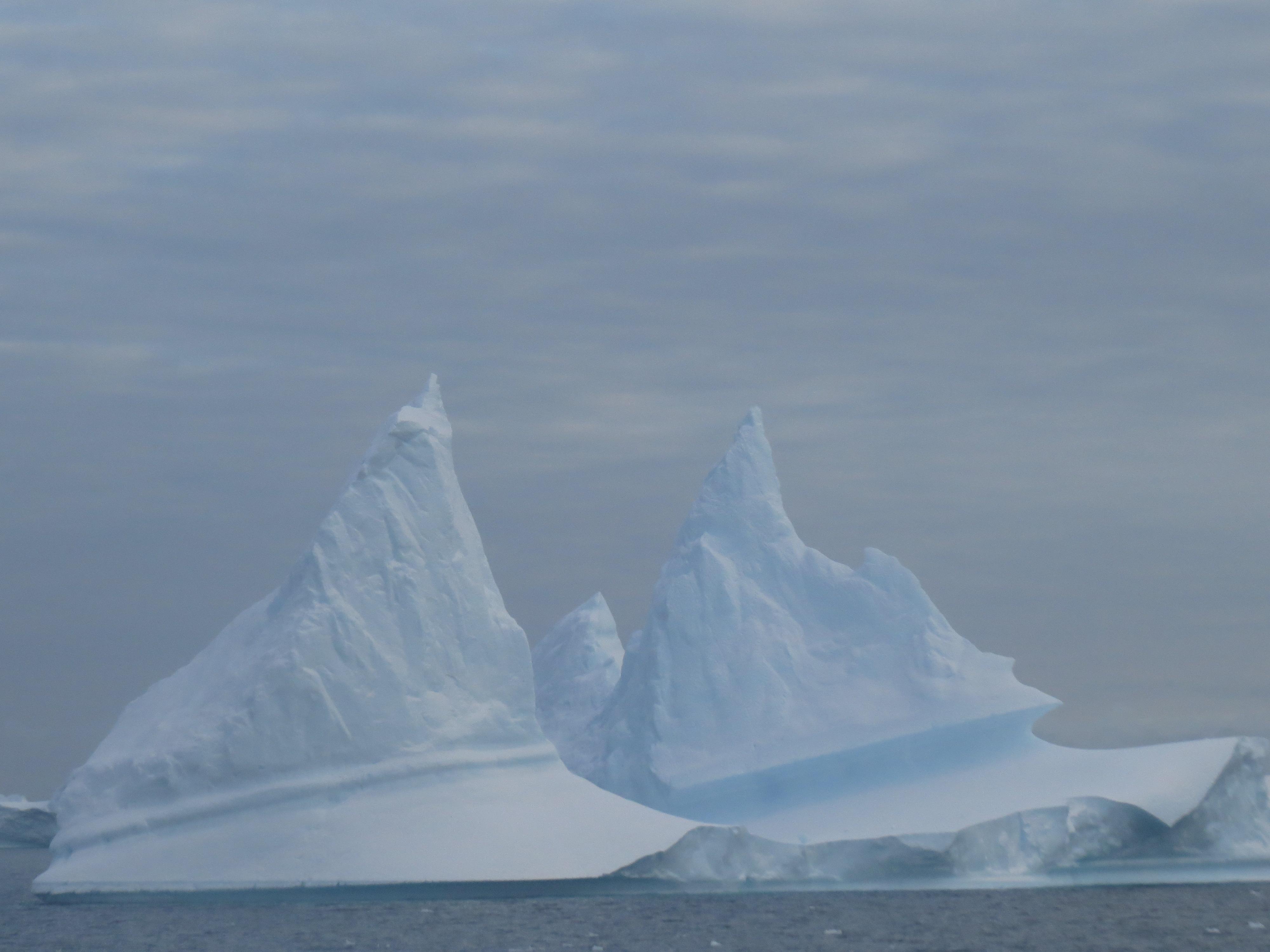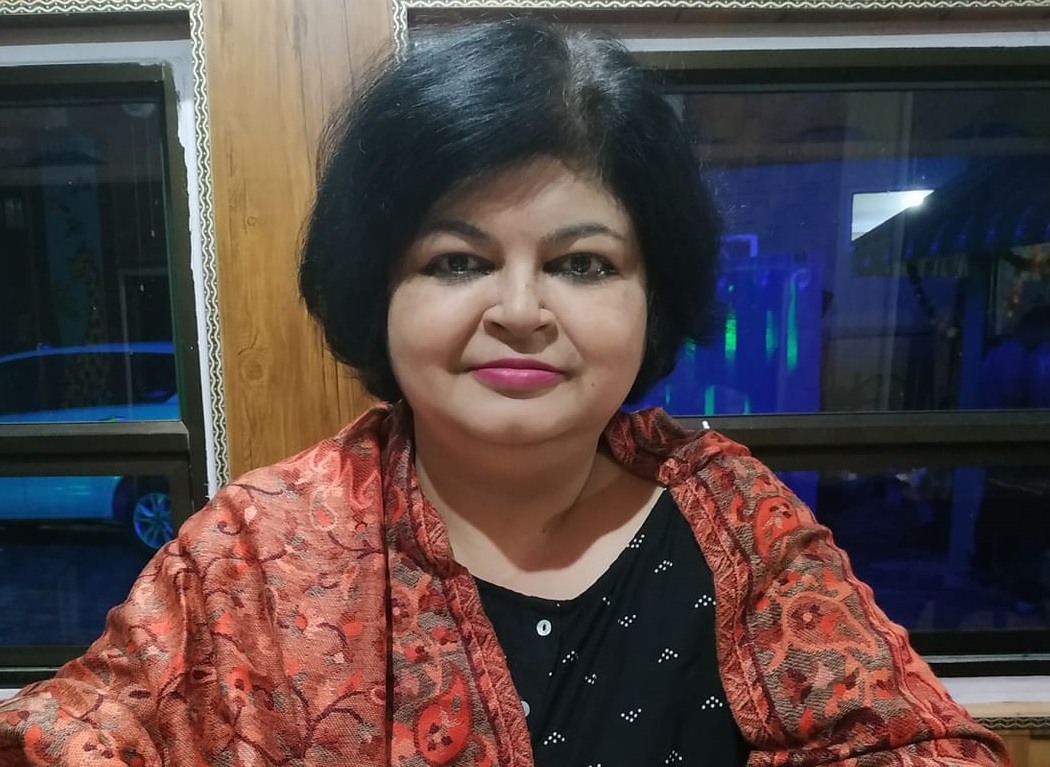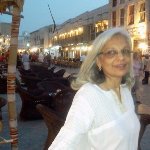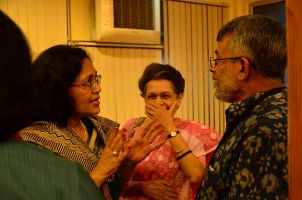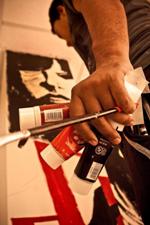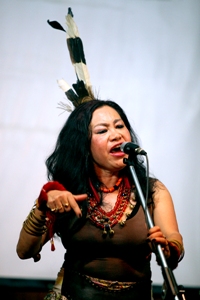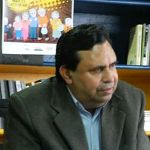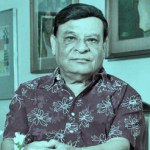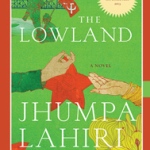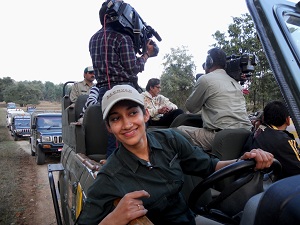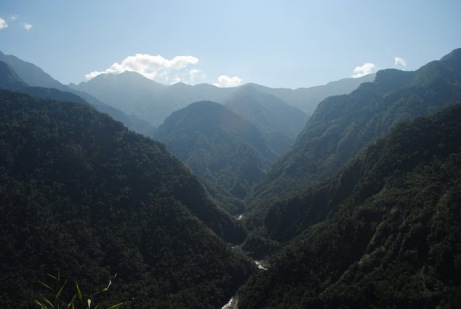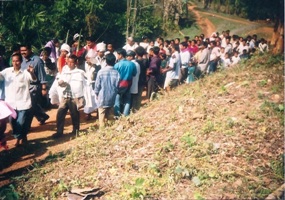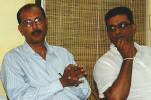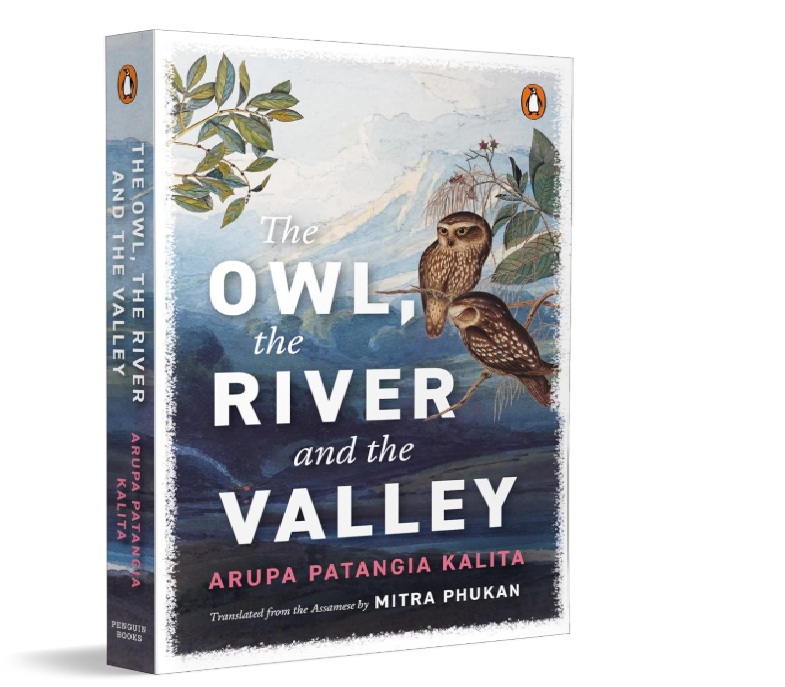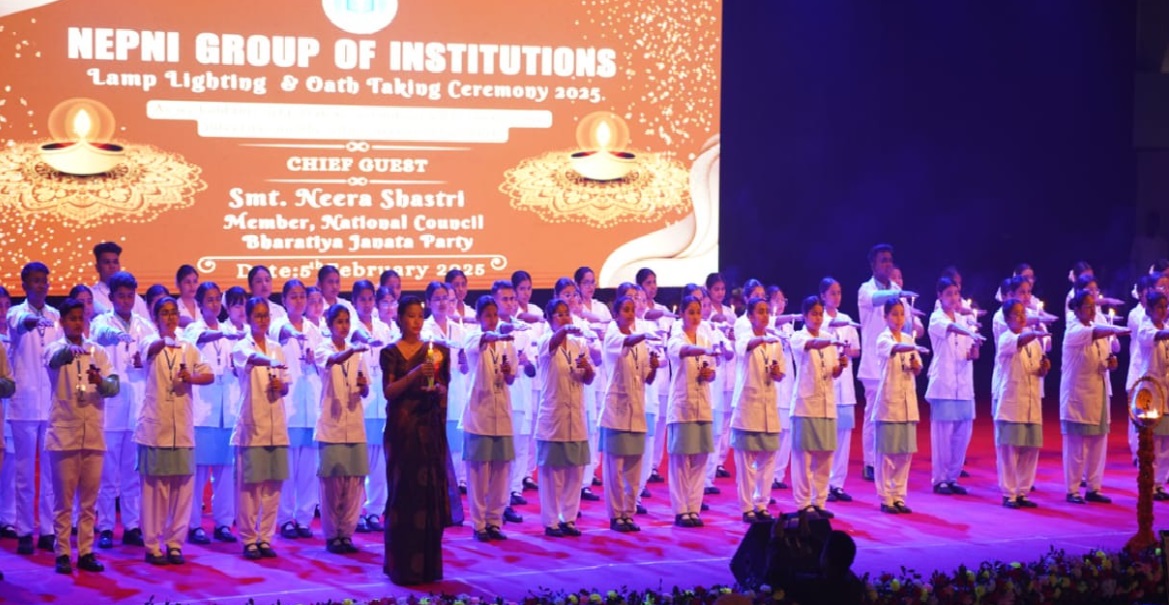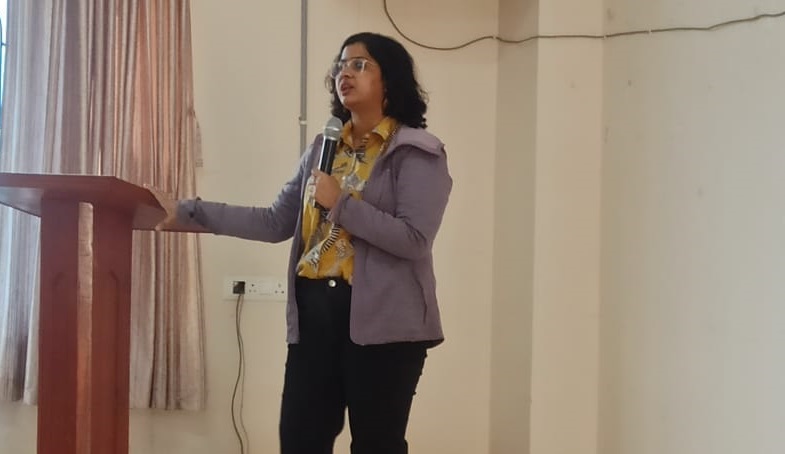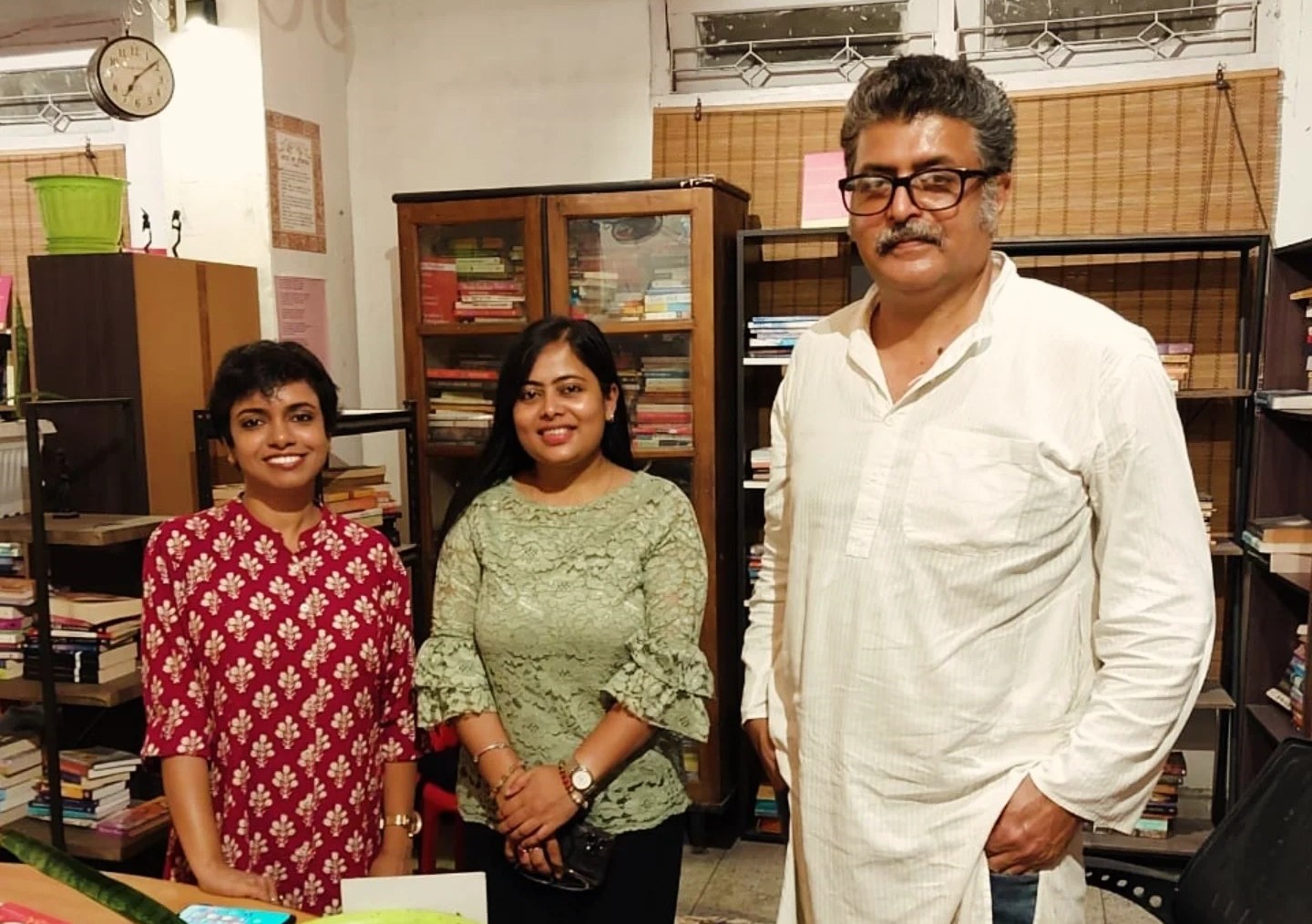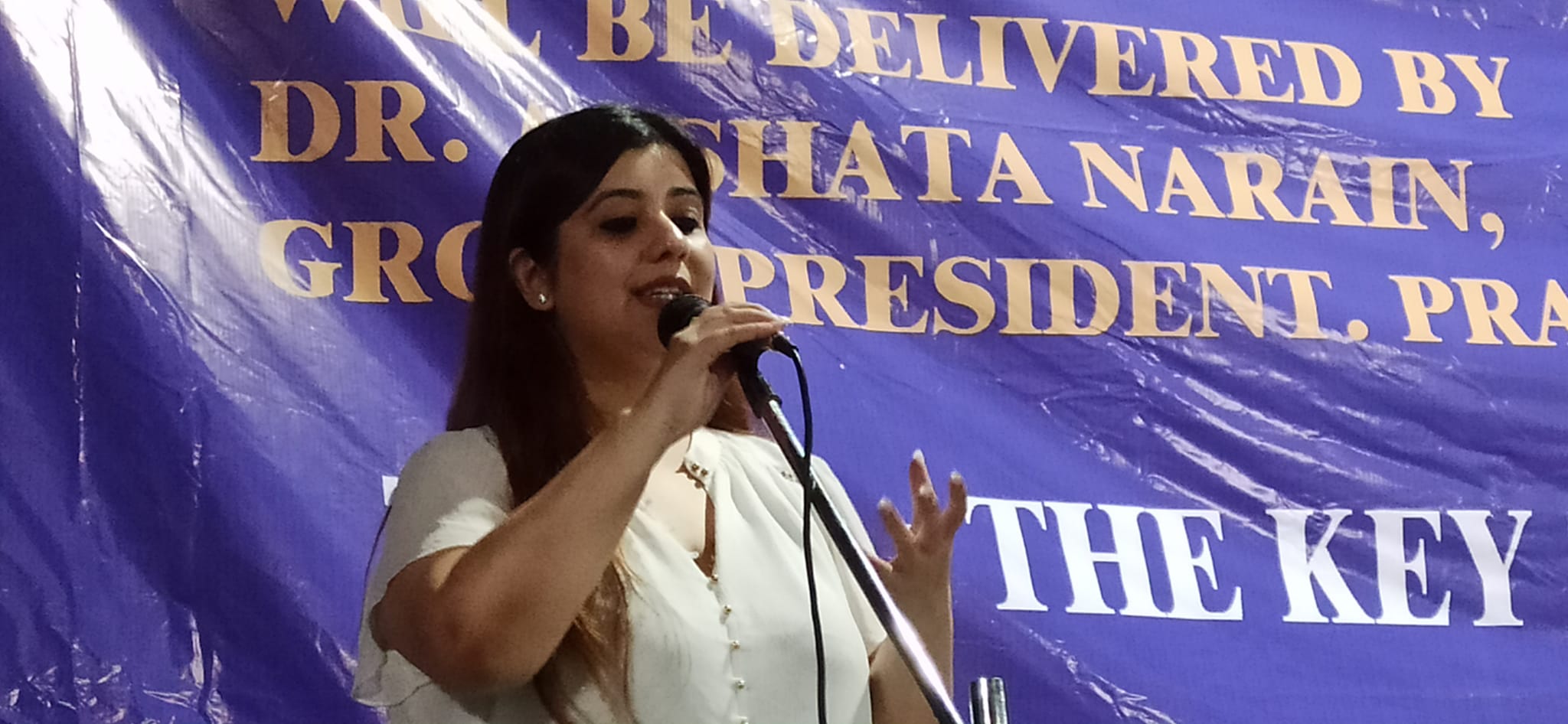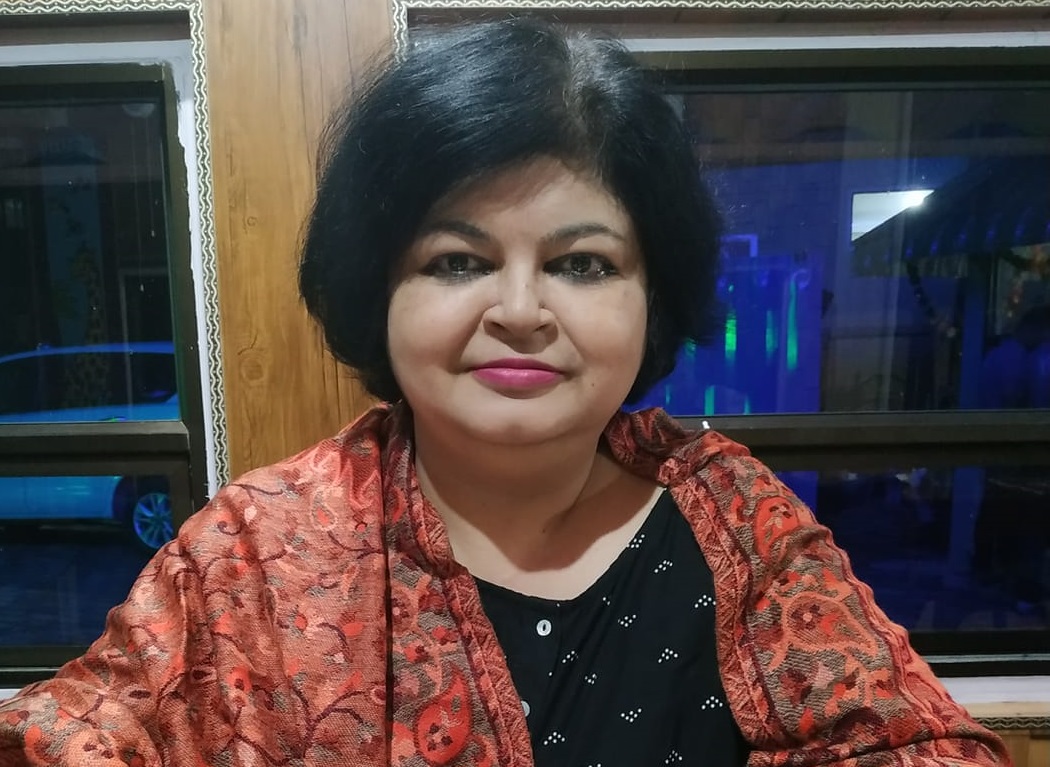It all started in 2002, when British-Australian-US interdisciplinary social scientist and media practitioner, Toby Miller visited factory workers in China making office and consumer electronics. In 2003, he read about the conditions of pre-teen Chinese girls recycling electronic waste.
Miller, a Professor of Media & Cultural Studies at the University of California, Riverside and his co-author Rick Maxwell began work on what was planned to be an introductory text on the political economy of the media. As they looked into the history of media technology, they realized something more important was going on-a secret history of the media that needed to be uncovered.
"And it was related to the people I'd encountered in south-eastern China, and the toddling e-waste recyclers I'd read about," says Miller. The book examines that hidden history from several perspectives: consumers, words, screens, workers, bureaucrats, and citizens. Drawing on environmental studies, epidemiology, ethnography, and political economy, they disclose that the history of the media is a history of exploitation of the earth and workers, across centuries and continents.
Talking about the evolution of environmental journalism, he points out that many of us would date contemporary formal environmental journalism from the moment Time magazine began regular coverage forty years ago. But today, new forms of journalism see entire social movements and non-government organizations providing popular and scientific knowledge about such questions. 'I'd like to see more of an emphasis in environmental journalism on questions of labor, from manufacturing to ragpicking. In the US, much less emphasis should be given to the marginal arguments against climate change.'
Miller agrees that media has indeed undergone huge transformations, such as deregulation, multi-skilling of labor, concentration of ownership and control, consolidated domination of international news flow and children's television from the Global North to the Global South, the rise of digital TV, and the multiplication of electronic devices destroying the atmosphere.
However, the shift in media policy from rhetoric of citizenship to one of consumption is indeed profound. Along with deregulation and the spread of format sales as a means of minimizing innovation and risk, this has militated against high-quality media in many areas. Then again, today is unquestionably the golden age of US TV drama on premium cable-which doesn't have to worry about ratings in the same way as the networks do!
"The answer is a revived ethos of public broadcasting but one that emphasizes the twin key aspects of the media: justice and fun," he says.
Miller calls himself an interdisciplinary social scientist. His life had seen many ups and downs which shaped his thoughts at a latter stage. His father was Australian and his mother British. They met in Australia and ran away to the UK, where he was born. His father was an economist, a political scientist, and a journalist. He came from a lower middle-class background. His mother was from a working-class background. She left school at 13.
"By the time of my birth, they led a middle-class life and so I went to fancy Anglican schools that were attempts to create national and international ruling classes of Christian masculinity. I did not enjoy these places, principally because I loathed their authoritarianism, though a nascent socialism saw me question their goals as well as their methods," he says.
His family moved around a lot--by the time he was four he had lived in three countries--and they returned to live in Australia but spent every third year overseas, mostly in Britain and the UK. He accompanied them until he went to college.
"All that travel made me used to new environments and quick to relativize the apparent nature of the worlds I occupied," he says. Although his father was a member of the anti-Marxist left, a social democrat, his sense of economics as a determinant discourse had a major impact, and he went further left than he did.
"My mother's unsatisfying life as an unpaid domestic worker and a lowly-paid clerk during my childhood, and her lack of cultural capital, left me with an openness to feminist critiques. I was left with a grotesque British nationalism from my schooling, but managed to throw that off as I came to understand the horrors of imperialism," he says.
As a child, the first moment when he began to understand how narratives worked was while watching the television program The Avengers with Patrick Macnee and Diana Rigg. As the series progressed each week on British television in 1965-66, he came to appreciate the arc of its story. "Plus the woman star wearing leather and being witty and assertive and the man being foppish and wearing carnations gave me some important clues about gender," he says.
Now he dabbles with many things. His teaching and research cover the media, sports, labor, gender, race, citizenship, politics, and cultural policy, as well as the success of Hollywood overseas and the adverse effects of electronic waste. He argues, "Perhaps this is a weakness in my work. I think it is up to others to show where the failings lie so that I can seek to address them!"
He doesn't agree that he is mixing up disciplines in this age of specialization. "On the contrary, new science disciplines are forming all the time from the ruins of 19th-century specialisms," he says. In Latin America, interdisciplinarity in my fields is very common. "My experience of India suggests something very similar," he says.
He is associated with the department of Media and Cultural studies currently. "My notion of media and cultural studies draws on the humanities, sciences, and social sciences, as does all my work," he says. He defines the term Media Culture as the core definitions of 'culture' split between foci on customary forms of life, as observed ethnographically, and aesthetic forms of life, as observed textually.
The media bring those two aspects together. For him, the qualities of a good journalist are relentlessness, connectedness, multilingualism, political-economic intelligence, ethnographic competence, a blend of science/social science/humanities, and a commitment to social equality.
His current research covers the success of Hollywood overseas, the links between culture and citizenship, and electronic waste. Hollywood is taught both as an industry and a set of textual norms in many parts of the University of California. "In addition to the work I do at University of California Riverside, there are folks like John Caldwell at University of California, Los Angeles and Jennifer Holt at University of California Santa Barbara. The focus is both industrial and textual. At the same time, the UC and other colleges have film schools that are factories to produce socially-subsidized workers for Hollywood. As for India, it has some outstanding people working on the nation's various film industries, such as Ravi Vasudevan, Ravi Sundaram, Ranjani Mazumdar, and Ira Bhaskar," he says.
He however, finds the notion of 'social media' quite bizarre. "Does this mean Bollywood is 'antisocial'? Hardly. It brought people physically together all over the world, and still does, in much greater numbers than Facebook will ever do. Social networking is a convenient term for corporations to use as part of their surveillance of ordinary people," he says.
This restless social scientist and media researcher manages to do many things at a go. His teaching and research cover the media, sport, labor, gender, race, citizenship, politics, and cultural policy. Toby is the author and editor of over 30 volumes, and has published essays in well over 100 journals and books. "I used to work as a newsreader on radio then 9-5 in a bank and as a bureaucrat and speechwriter. I'm used to the notion that 'my' words are not my own, that editors and readers and co-authors have authority over them. So I don't identify with my work to the same extent as many people do who get hamstrung by a sense that whatever they put out in public defines them," he says.
He is also deeply interested in a wide range of topics which evolve all the time. His agenda is renewed from outside my psyche and personal circumstances: by social movements, governments, science, material change, and so on. "I keep hoping that I'll write something that can be as worthwhile as their momentous achievements," he winds up.
